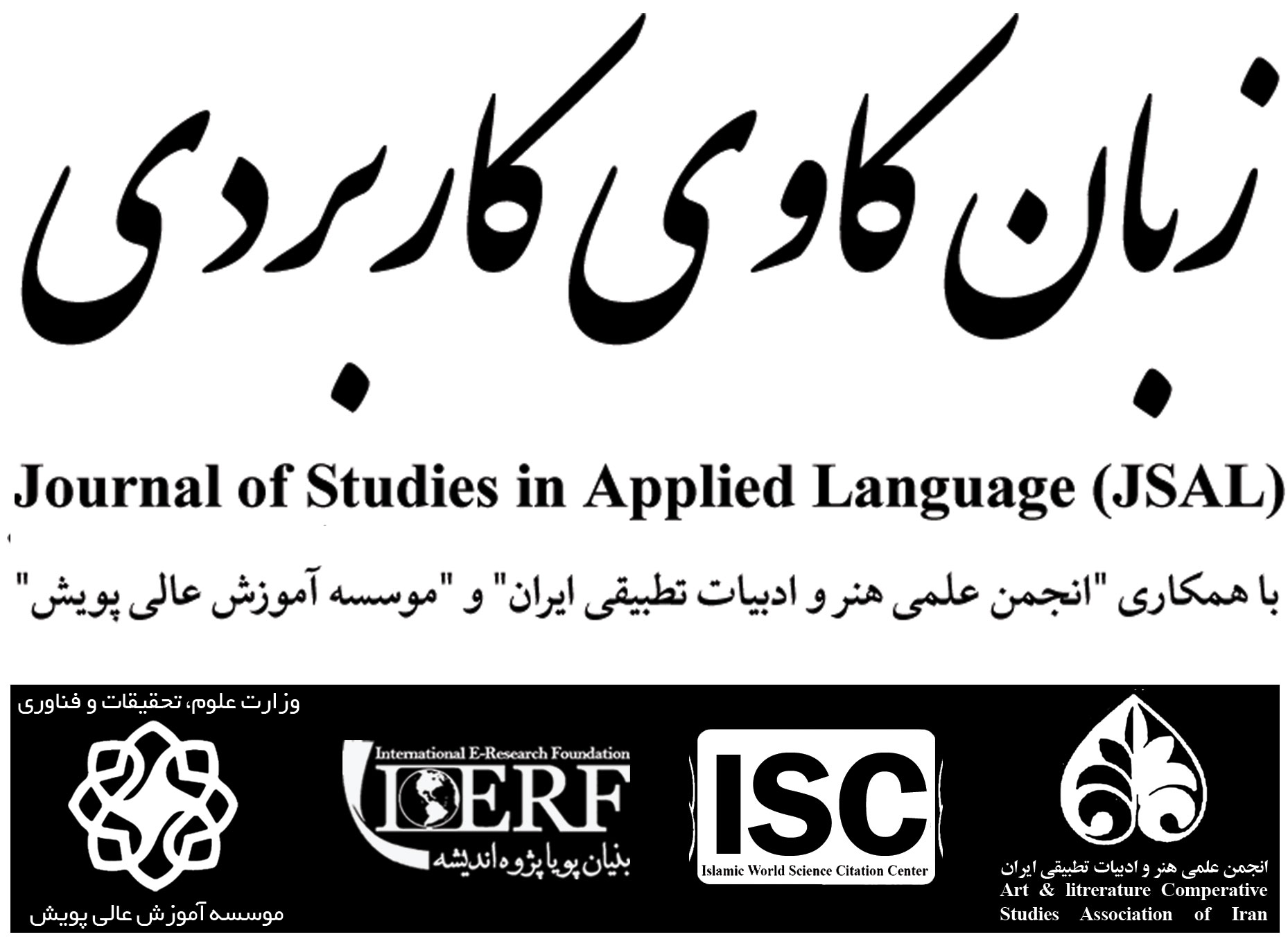<>
Volume 4, Issue 2 (Journal of Language Teaching, Literature & Linguistics (JLTLL) 2021)
JSAL 2021, 4(2): 201-221 |
Back to browse issues page
Download citation:
BibTeX | RIS | EndNote | Medlars | ProCite | Reference Manager | RefWorks
Send citation to:



BibTeX | RIS | EndNote | Medlars | ProCite | Reference Manager | RefWorks
Send citation to:
Nazari R. (2021). Analysis of semantic components of words of nature in Nahj al-Balagheh based on Markedness theory [In Persian]. JSAL. 4(2), 201-221.
URL: http://jsal.ierf.ir/article-1-84-en.html
URL: http://jsal.ierf.ir/article-1-84-en.html
Assistant Professor, Department of Islamic Jurisprudence and Law, Faculty of Theology and Islamic Studies, Meybod University , nazari.un76@gmail.com
Abstract: (2331 Views)
One of the important topics in this discussion is that in linguistics, markedness is derived from the Prague school. Markedness has begun in the field of phonology; However, in linguistic studies, it expanded to other fields such as word construction, syntax and semantics, and has been used in different general theoretical frameworks, such as systemic functional linguistics and generative linguistics. According to Palmer, whenever the semantic components of a word express a general concept associated with the attribute of "generality," that word will be semantically an "unmarked" word; But if a word has specific and unique units and components, so that it can be considered as a subset of the "unmarked" theme, here, the attribute of "markedness" can be considered for such words. Types of markedness are semantic, formal and categorical. Semantic markedness form the properties of the meaning of words and determine their commonalities and differences. A study of Nahj al-Balagheh, in which a multitude of various words has been used in various fields, can reveal many aspects of the intentions of the speaker of this valuable work. The concept of place and especially nature is one of the most widely used words in Nahj al-Balagheh; The abundance of various words in the field of nature in Nahj al-Balagheh shows its importance n the belief of Imam Ali (AS). In this study, the aim was discovering and explaining the markedness aspects of the words based on a descriptive-analytical method. It was found that, in the words of Imam Ali (AS), the markedness words of nature in the axes of succession and companionship were used equally and each has a unique role in challenging the semantic purpose.
Type of Study: Research |
Subject:
Discourse Analysis
Received: 2019/06/20 | Accepted: 2020/10/22 | Published: 2021/08/18
Received: 2019/06/20 | Accepted: 2020/10/22 | Published: 2021/08/18
Send email to the article author
| Rights and permissions | |
 |
This work is licensed under a Creative Commons Attribution-NonCommercial 4.0 International License. |






